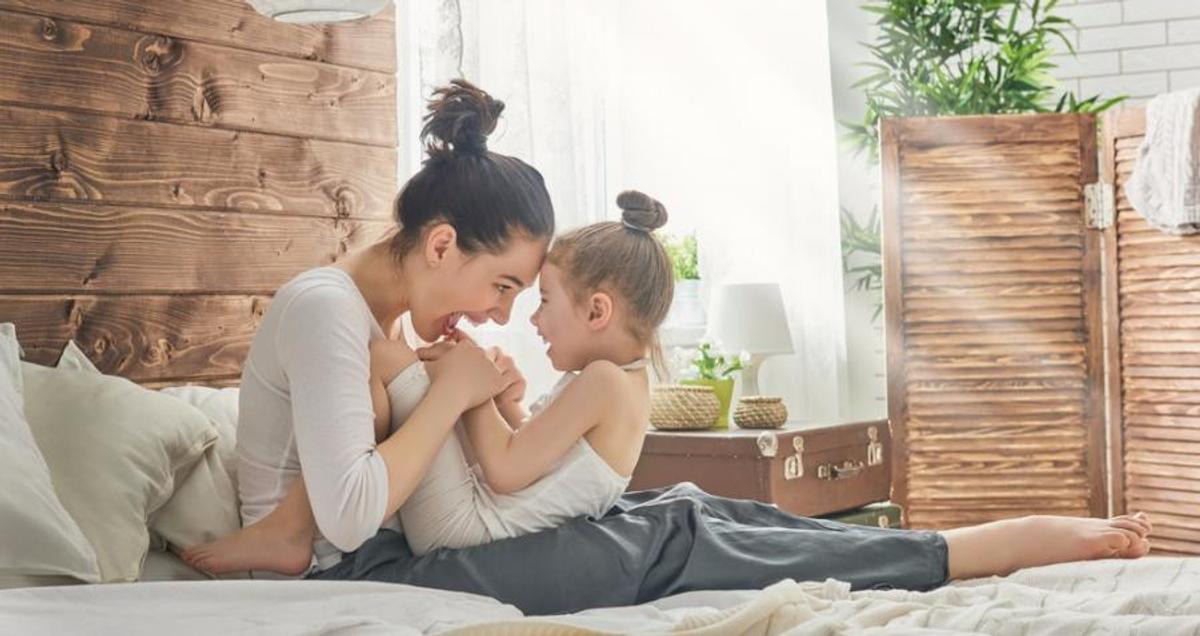Science and Sustainability

Species Survival Focus
Check out these resources - you might like to have a discussion at home about species conservation and how we as humans have impacts on such animals. You might want to facilitate a discussion around conservation, sustainability and species survival!
Prep: animal species games: https://kids.nationalgeographic.com/games/puzzles/article/matching-animals
Grades 1+2: Australian animal species and their ‘conservation status’
https://www.zoo.org.au/melbourne/animals-and-habitats/australian-bush/
Grades 3+4: Video to watch: https://youtu.be/jRb2aC3SZvs
Grades 5+6: Video to watch: https://youtu.be/FfG2v2PPf_Y
ENERGY
How to teach your children to use less energy
Most kids love learning new things and relish the opportunity to be helpful around the house. When you explain the importance of saving energy, they’ll be more than happy to do their bit. Here are a few tips on how to encourage kids to save energy.
Educate your children
Most children will learn about the importance of saving energy at school, but you can reinforce the message by teaching them how to contribute at home. Look at the appliances around your house and explain the energy sources. Do they understand the meaning of finite resources? Where does the gas for your cooktop come from? How does it get to your home? You could research the answers together as a family project.
Make it fun to learn
Go through each room of your house together and discuss ways you can save energy. Ask your kids to write down a set of rules for the family to follow – you can allocate tasks to specific family members. This will teach your children to be responsible and they’re more likely to complete the tasks. For younger children, you can set up a reward chart and give them a small prize at the end of the week if they follow the rules. Ask children to point out if you’re wasting energy – they’ll love it!
Easy habits to teach your kids
Keep it simple and give kids positive reinforcement when they follow the rules. Also, make sure anything you ask them to do is age appropriate.
- Cut down on screen time. Encourage them to make up projects, play games, do puzzles and read books.
- Get them to play outdoors, even in winter. If it’s cold, rug them up in coats and gumboots and let them run around.
- If their electronic devices are not in use, teach them to turn them off.
- Encourage kids to turn off lights and close doors to rooms that are not in use.
- Time showers and make a game out of who can have the shortest shower - while still getting clean, of course. If everyone takes showers of four minutes or less, you could reduce your water heating costs by up to 20 per cent.
- Ask them to close the door behind them when they go in or out.
- Don’t leave the fridge door open.
- Ask kids to tell parents if they can feel a draught coming from under a door or through a window.
- On hot days, ask them to close their bedroom curtains to keep out the heat.
If you’re implementing any energy-saving measures, explain what you are doing. This might include changing light globes, sealing doors and windows or replacing the hot water system.
Kids like to feel useful, especially if you let them know that their actions could have a beneficial effect on the planet, which is good for their future. Try our online quote tool to help make the switch, and find the best energy plan for your family.
From: https://www.energyaustralia.com.au/blog/better-energy/how-teach-your-children-use-less-energy

